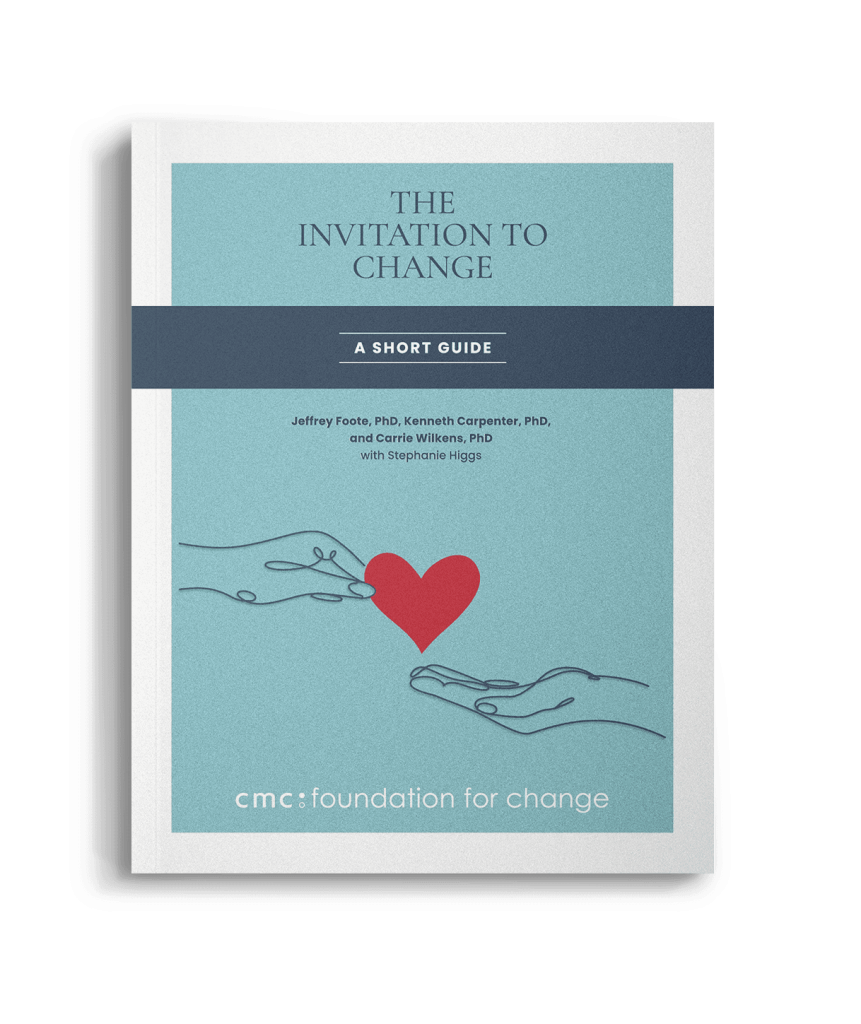Often, when someone is struggling with substance use or other compulsive behavior problems, communication breaks down among the people who love that person. Most people struggle to not get defensive or lose their cool in situations they don’t understand or know how to control. And when a loved one is doing risky, upsetting things, it’s not uncommon for people to either feel at wits’ end with each other, or to disengage completely from each other. Disagreements are understandable. After all, wives and mother-in-laws (for example) are not always aligned in their goals or perspectives of their husband/son in the best of circumstances; the more serious the issue, the more polarizing it can be. But helping can be significantly aided by finding ways to collaborate with the other adults in your life who have an influence and love the person with the problem.
As you try to help your partner change their relationship with substances, it will be easier if others in your life are also giving clear and consistent feedback and reinforcing positive behaviors. If you could magically transform all the people who use substances with your partner into people who do healthy activities with her, it would be ideal! You’re not likely to achieve that goal, but it’s worth considering who might be receptive to playing even a small helping role. Change, even change for the better, is difficult and your partner will likely feel ambivalent about it. It will be hard for her to change who she spends time with and what they do together. The more ambivalent she is, the more important it is for as many people in her social world to respond with consistent support of her changes. For instance, if your brother-in-law smokes marijuana with your wife, this will undermine her process of positive change.
Additionally, the more support you feel from other adults in your life, the less stressed and alone you will feel. And with less conflict and stress in general you can, in turn, be more positive with your partner.
Collaboration with other adults in your lives doesn’t mean across-the-board, united-front agreement on “the party line.” Nor does it mean you should go about exposing your partner’s struggles. Your partner would likely feel infantilized if everyone suddenly changed how they treated him or if he felt you were getting people to “gang up” on him. However, if slowly but surely, others who love him started making efforts to invite him to non-using activities, and when concerned individuals started communicating with him using the same strategies you are learning (at the very least working on positive communication as opposed to confrontation or overt anger and frustration), could provide a wonderful community support for his positive changes.
We suggest three guidelines when considering getting support from your community network. First, it is important to think through who can actually be a consistent positive support, instead of trying to enlist everyone who may be closely involved in their life to somehow “apply pressure.” Some people in the “inner circle” are not really up to the task of being a positive support for any number of reasons. The important point is not that they SHOULD be part of a collaborative team, but that YOU try to recognize who can be most helpful, and know that this doesn’t have to include everyone.
Second, as in the seven steps of positive communication we discussed earlier, it can be helpful to think of the positive actions that could be taken with community support, as opposed to the negative events you are trying to avoid. That is, your partner is more likely to benefit from invitations to healthy activities, instead of you spending time working on making sure he is not invited to potentially negative or triggering activities, which often just results in feeling excluded or punished.
Last, it is quite useful to try to reduce second-hand communication, and have direct feedback between people. Your partner is more likely to be receptive to hearing feedback directly from others about their observations and feelings, rather than hearing you describe what others have told you or what you think others have observed.
Next Page: Reinforcement: Your Love Matters!


